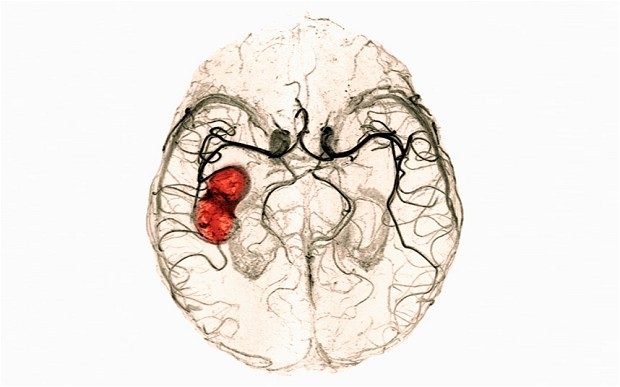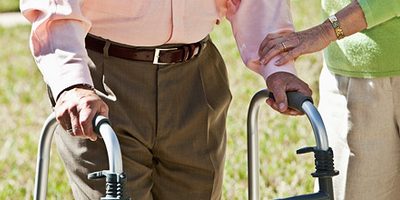
No gender discrimination when it comes to stroke, gender parity in seeking care needed
To bring gender parity to the issue of stroke rehabilitation and medical care following the onset of stroke, the World Stroke campaign has dedicated the world stroke day this year to the theme : "I am woman".
"It is time we woke up to the fact that stroke is the leading cause of death and disability in the world and it is usually more severe in women than in men," says Dr. Jeyaraj Pandian, Honarary Professor for Stroke Research at the George Institute for Global Health, Sydney.
Dr. Pandian, who is one of the country’s leading Neurologists and who is based at the Christian Medical College, Ludhiana, is leading a large trial across 14 stroke centres in the country that is looking at training family members of stroke survivors in providing rehabilitation services. This, it is hoped, will bring down the cost of stroke rehabilitation considerably in India besides ensuring continuity of care at home.
"We have recruited 350 patients so far in the trial and about 40 per cent of them are women. We would be looking at the impact of stroke on women and also their rehabilitation needs," says Dr. Pandian.
Currently, medical science has proven that women have a condition called atrial fibrillation (irregular heart beat) which is one of the causes of stroke. As a result of irregular heartbeat, there is clot formation inside the heart resulting in blockage of the one of the brain arteries.
Dr. Pandian says that if both men and women report to the stroke center within four and a half hours, they can be saved by giving a clot busting drug called tPA. "It is important that in addition to their role as care-givers, women must not neglect their own health especially as the risk factors -- high blood pressure, diabetes, smoking, drinking and eating junk food equally affect men and women."
With 1.5 million new cases of stroke occurring every year in India, the numbers are expected to reach 1.6 million by 2015.
The case fatality rate ranges from 18 per cent to 41 per cent. "We have done a population-based stroke registry with the support of Indian Council of Medical Research in Ludhiana. Our data shows that 22 per cent of the people who have had an attack of stroke for the first time die would within a month," says Dr. Pandian.
On World Stroke Day, a large number of awareness programs have been organized across the country through Indian Stroke Association and World Stroke Campaign to bring the spotlight of attention to gender parity in stroke rehabilitation and treatment.


